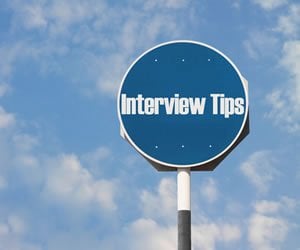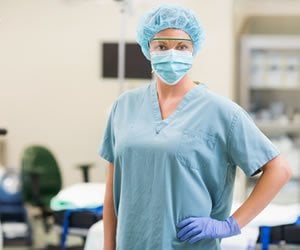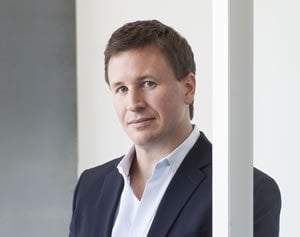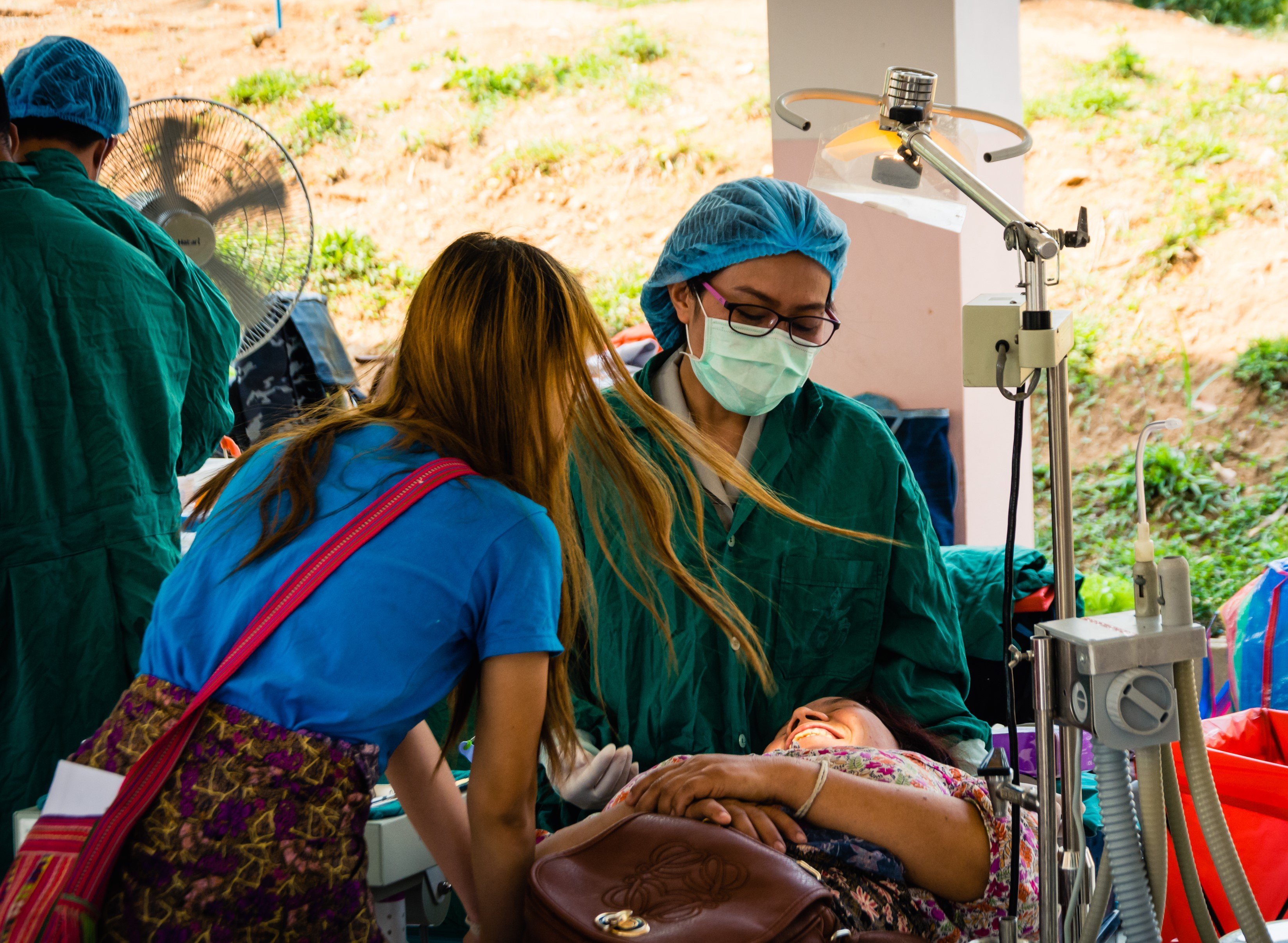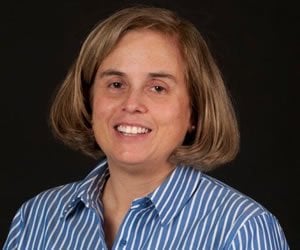While medical school interviews can be quite conversational, thinking in advance about the questions you will face can help you articulate your unique story more effectively. Most interviews revolve around the interviewer getting to know you better, but there will likely be a number of questions that give the ill-prepared applicant pause. Below are several strategies to help you prepare answers to these tricky questions:
“Why do you want to study medicine?”
This question will be asked at almost every medical school interview that you attend, but it can be difficult to answer unless you have reflected on your goals ahead of time. Clearly explaining why you wish to become a physician—without being cliché—is paramount to distinguishing yourself. To prepare for this question, review your personal statement for inspiration. Aim to incorporate details that are not mentioned in your personal statement, but that are related to experiences or endeavors that you have described in your essay or in the remainder of your application. This can add depth to your admissions portfolio outside of what you have already explained on paper. In addition, truly attempt to define the type of medical career that you want (i.e. community medical practice, medical education, research, etc.). Weave in your career aspirations when you answer this question to connect your pursuit of medical school to your ultimate goals.
The Unmatched Student’s Guide to Successfully Dealing with Failure
I was in the middle of a fairly busy day on the palliative care ward, … Read more









